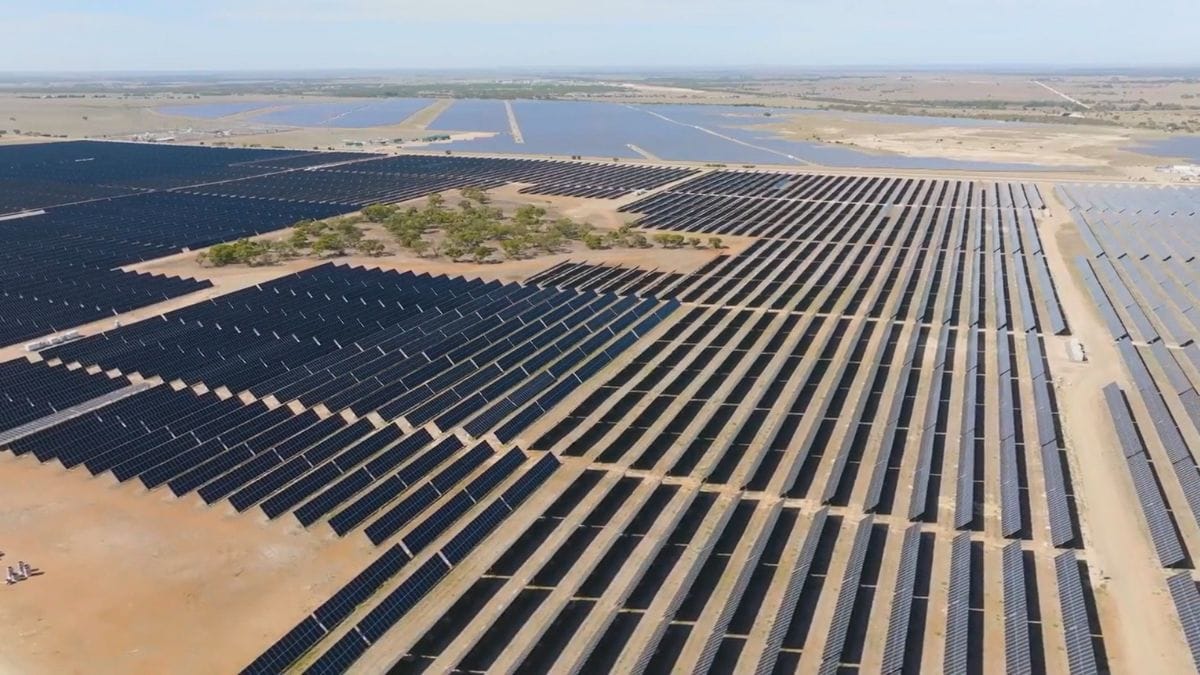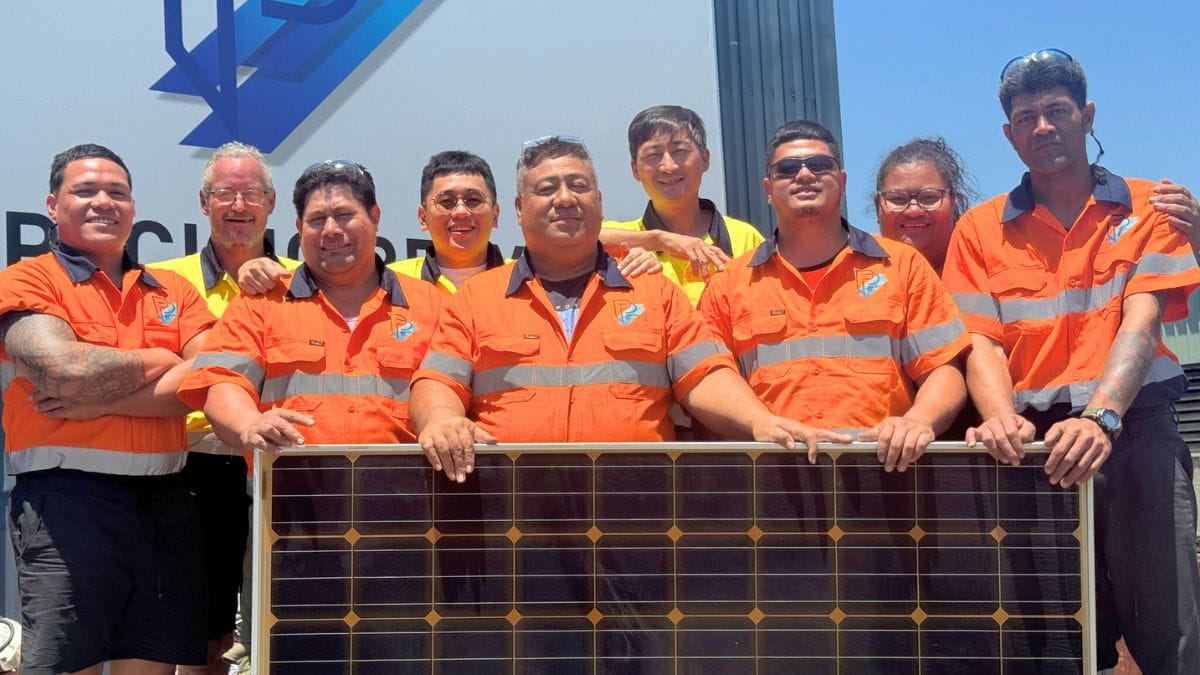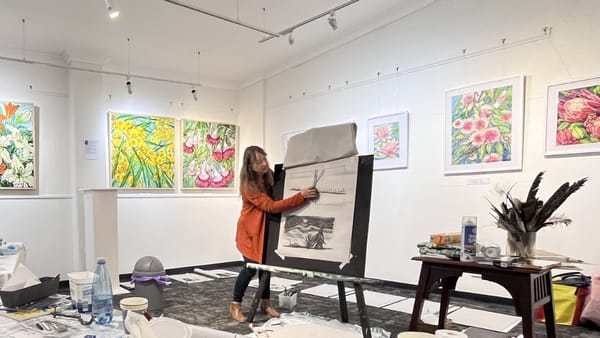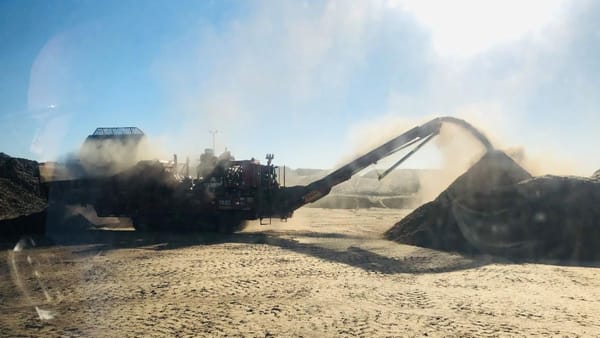Solar panel recycling facility planned in the Murraylands
A Ngarrindjeri company hopes to partner with Queensland's Pan Pacific Recycling at the cutting edge of the renewable energy industry.

This story is now free to read. Help Murray Bridge News tell more stories like this by subscribing today.
A Ngarrindjeri-owned company has revealed plans to establish a solar panel recycling plant later this year, potentially in the Murraylands region.
Ruwe Recycling, an initiative supported by Ngarrindjeri Ruwe Empowered Communities, is behind the solar project in partnership with Pan Pacific Recycling.
Together they hope to solve one of the biggest problems facing the renewable energy industry: what to do with the thousands of solar panels being installed around Australia when they reach the end of their useful lives.
The facility will recycle discarded solar panels, dismantling them and breaking down the materials to be reused.
Currently solar panel recyclers could only retain 17 per cent of a panel by weight, NREC chief operating officer Jarrod Manuel said.
Pan Pacific had the ability to recycle 99%.
Mr Manuel said the ideal location for the facility would be near a major freight route, providing B-double access, and feature two sheds.
The joint venture would prefer to base the facility on Ngarrindjeri land – an area stretching from Murray Bridge south towards the Coorong and Fleurieu, occupied by the traditional owners for thousands of years – but was open to metro Adelaide should that best meet their requirements.
“We have engaged with the Coorong District Council and the Rural City of Murray Bridge to identify potential land parcels for the facility,” Mr Manuel said.
“ We see an amazing partnership with the right organisations, the right communities and the right people, to provide opportunities, and to not only Ngarrindjeri but the more broader Murraylands, if the facility ends up being based here.”

Proposal has already been months in the making
In early December, Ruwe Recycling presented to several key figures and organisations.
This included Deputy Premier Susan Close; Regional Development Australia Murraylands and Riverland CEO Ben Fee; Blake Wilson, CEO of the Smart Energy Council; Josh Wheeler, CEO of Green Industries SA; Nicole Sincock, Director of Green Economy and Tourism at Invest SA; and Claire Woods, and advisor with the state Department of Premier and Cabinet.
During the presentation, Green Industries SA identified a substantial funding opportunity which could offer a potential grant of up to $500,000 to support the project.
Dwayne Wilson, director on the solar project, said the grant application looked likely to be successful.

Currently only one other Pan Pacific Recycling facility exists; it is located in Brisbane, and the Ruwe Recycling team will visit it in March.
This training opportunity will prepare the team for operations here in South Australia, bringing them a step closer to making the pioneering project a reality.
Project director Laurie Rankine junior said Ngarrindjeri people had always been involved in the sustainability space.
“For thousands of years our natural practices for Aboriginal people across the country (have been) about sustainability, maintaining, making sure that there's always enough for everybody and that the resources never run dry or be threatened in any shape or form,” he said.
“It's not just simply the fact that we get an opportunity to be part of this in this space, we get to be creative in our thinking, in how we create more opportunities for other people.
“ It's going to be a great promoter for the Murraylands.”
The machine used to recycle the solar panels will reach Australia in early March, and the partnership envisioned having 20-40 employees over a 24-hour roster once the South Australian site was up and running.
The team's goal now was to raise $8.4 million to establish both the site and infrastructure, along with covering some operational expenses.
The joint venture was first announced at a Regional Development Australia event at Tailem Bend late last year.
Renewable energy, such as solar, has become increasingly popular around the world in recent years as governments and proponents attempt to slow the rate of climate change.





